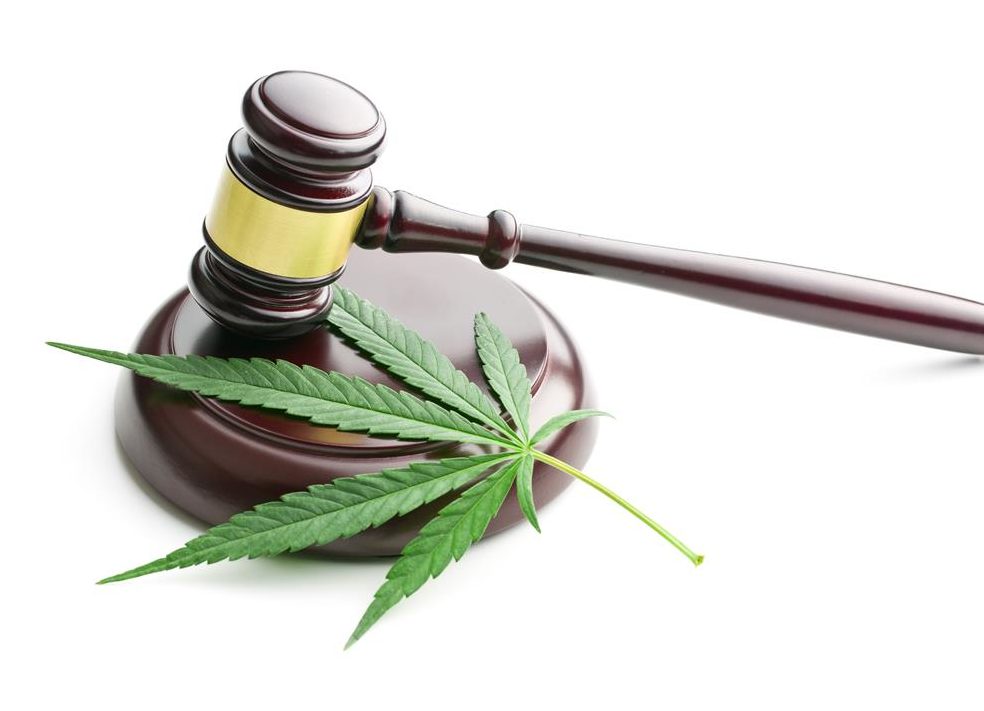 The New Cannabis Regulations and How They Will Impact Your Legal Practice
The New Cannabis Regulations and How They Will Impact Your Legal Practice
by Samah Rahman
December 17, 2019 marked the first day cannabis 2.0 products (edibles, extracts and topicals) could be purchased in Canada. To commemorate this landmark, the Toronto Lawyer’s Association hosted a panel titled: The New Cannabis Regulations and How They Will Impact Your Practice.
Here are 8 takeaways from the session:
- The objectives of the Regulations
The Cannabis Regulations came into force on October 17, 2019. The objectives of the Regulations are to reduce: appeal of products to youth; risk of accidental consumption; risk of over consumption; risk of food-borne illness; risk of dependence and other negative health outcomes associated with cannabis products with a higher concentration of THC, alcohol or caffeine; and potential health and safety risks.
- Packaging and labeling
The Regulations impose stringent requirements on packaging and labeling cannabis products. On each package, there must be a standardized cannabis symbol, a brand name, the THC/CBD content, a health warning, a small brand element, required information about the production, a nutrition facts table, the ingredients and a bar code. Noncompliance with labeling regulations may trigger a fine of $1 million and/or incarceration. The panel contended however, that the defense of complete compliance with regulations would not insulate against liability in future litigation.
- Promotion and advertising
Health Canada has published a Promotion Prohibitions document which provides a guide to marketing cannabis products. Promotion statutes are limiting, and as such, the product marketers must be more creative to overcome the restrictions.
- THC dosing and ingredients
Edibles have a limit of 10 mg THC per package, extracts have a limit of 10 mg THC per unit/1000 mg per package, and topicals are limited to 1000 mg per package. Each product must be shelf stable. Health Canada has implemented a chain of tests to ensure compliance with dosing guidelines. These guidelines will likely establish a standard for future cannabis related litigation.
- Protections for youth
Protecting the health and safety of youth is a top priority for Health Canada. The Cannabis Act defines “youth” as an individual who is under 18 years of age. Many of the marketing restrictions that prohibit promotions that appeal to youth, fail to take into account the difference between the varying ages of youth; for example, what may work to deter a seven year old, may not deter a 17 year old and vice versa.
- Production liability
Although cannabis litigation is not as prevalent in the face of the recent changes in law, litigators predict that product liability issues will serve as the basis of future legal actions. The future of cannabis litigation will likely involve one of the following causes of action:
- Negligence for failure to warn or negligence in adhering to cannabis Regulations
- Misrepresentation as to the nature and effect of the product
- Breach of contract or breach of warranty
- Violation of consumer laws
It is likely that much of cannabis litigation will revolve around youth, where guardians will be held responsible for negligently enabling access of products; while producers will be held accountable for failure to warn and deter youth.
- Cannabis in restaurants and bars
Adults need a place to consume cannabis products outside of their home. At this point, Ontario has limited spaces to consume cannabis such as lounges and restaurants. Restaurants aspiring to use cannabis ingredients in their menu must also consider the requirements barring cross-contamination of cannabis products, the dosing regulations and municipal bylaws.
- Professionalism
Rule 3-2-7 of the LSO Rules of Professional Conduct prohibit a lawyer from knowingly assisting or encouraging dishonesty, fraud, crime or illegal conduct, or, doing or omitting to do anything the lawyer ought to know to facilitate same. This obligation should weigh heavily on lawyers advising on cannabis-related issues. Cannabis lawyers should be well-versed in the allowances and prohibitions imposed in the Regulations.
